Abushe lives in Jinka, southern Ethiopia. He is 8 years old. No one would pay any attention to Abushe, but if you
catch a glimpse of his eyes, their incredible magnetic colour will stop you in your tracks.
One would ascribe it to the effects of great miscegenation, but Abushe actually suffers from the Waardenburg syndrome
One of the characteristics of this syndrome is an abnormal spacing between the eyes – which is moderately the case for Abushe – but mainly a special pigmentation of the irises
This phenomenon is rare and is thought to occur every 300,000 births on all continents. Its effects are obviously striking on a child with black skin like the little Ethiopian.
Abushe was living and sleeping in his grandma tukul, the traditional hut made of wood, adobe and thatch, when one night, a fire broke out
In the middle of the tukuls, there is always a fireplace which is used to cook, to repel insects and to provide heat at night
Abushe and his grandmother were able to survive without any major injuries, except for a burn on the child’s forehead
all the school books and mattresses burned in the fire – a fortune gone up in smoke.
Abushe’ s most valuable possession remains his red ball, a treasure that he never leaves out of sight, as it is an object of eternal envy for the teenagers around
He never misses a Barcelona game in the bars broadcasting football games and loves Messi: “He is just like me, he is not like the others!”
His parents were surprised to discover his blue eyes. Everyone was afraid that he would be blind
As they were very poor, they could not afford a doctor. They had to wait long months to understand that the child was seeing correctly. They concluded that it was a gift from God and not a curse that had fallen on the family.
Others kids often harass him because of his eyes. They call him “plastic eyes.” He cannot stand the incessant remarks
At the grand age of 8, Abushe decided to live in town to be near his school
He could not afford to pay the daily bus ticket from his grandmother’s village. He shows me a filthy cardboard on the floor, his new bed. “It’s dirty here,” he whispers, ashamed. For food, he relies on the charity of the patrons of the restaurant opposite his slum.
Often, people insult him and call him a “monster.” Teenagers beat him up
8Kviews
Share on FacebookDear Eric, thank you for sharing this story with us! Our organization International Little Artists - The Voice of Unheard Children would be honored to give a voice to this unheard boy! Our main focus is to connect children around the word (through art and messages) in order to learn from each other, share and help each other. We will share this story with other children here in the USA and around the world. Please contact me - luciehake@yahoo.com for more details (I am grateful to our mutual friend Zeko - Photographer from Iraq who told me about you!)
Dear Eric, thank you for sharing this story with us! Our organization International Little Artists - The Voice of Unheard Children would be honored to give a voice to this unheard boy! Our main focus is to connect children around the word (through art and messages) in order to learn from each other, share and help each other. We will share this story with other children here in the USA and around the world. Please contact me - luciehake@yahoo.com for more details (I am grateful to our mutual friend Zeko - Photographer from Iraq who told me about you!)

 Dark Mode
Dark Mode 

 No fees, cancel anytime
No fees, cancel anytime 


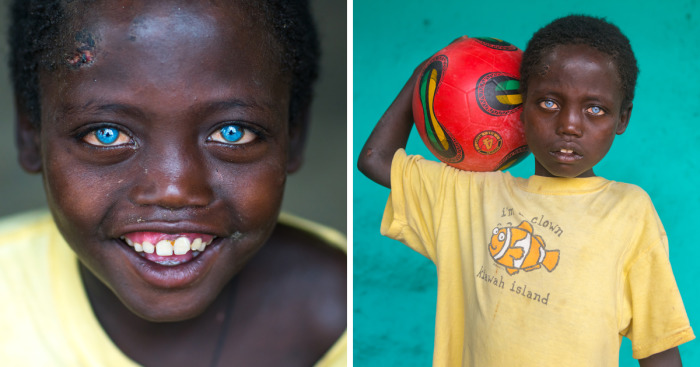
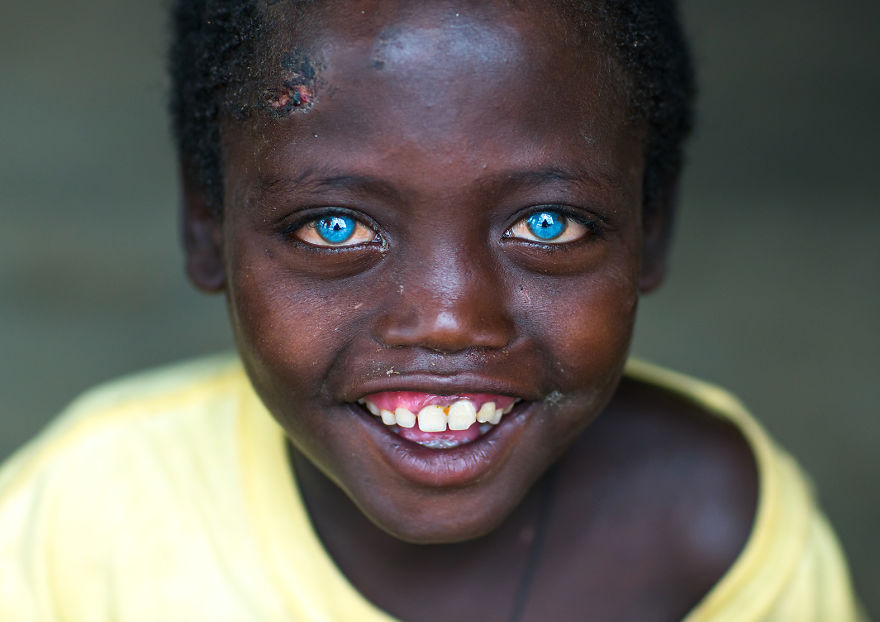
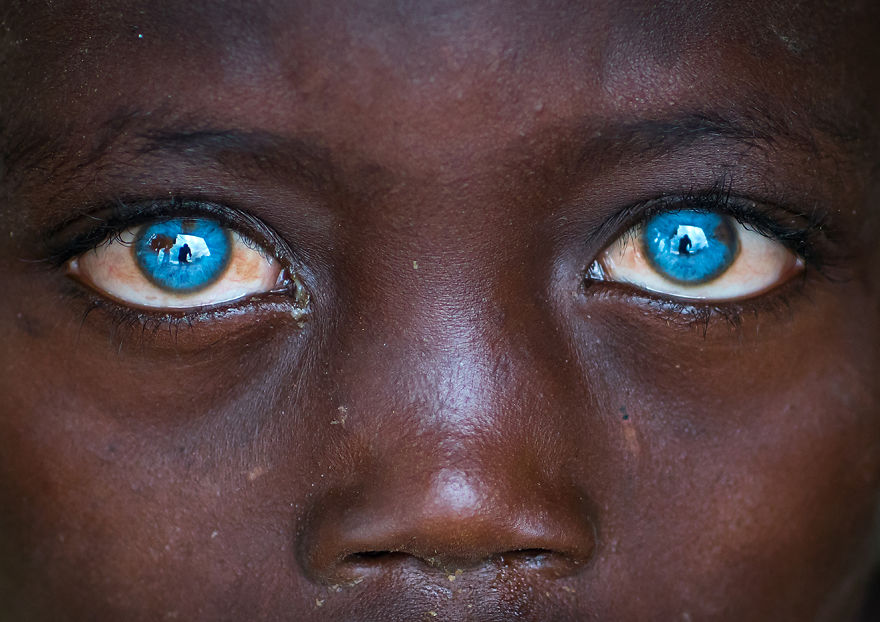
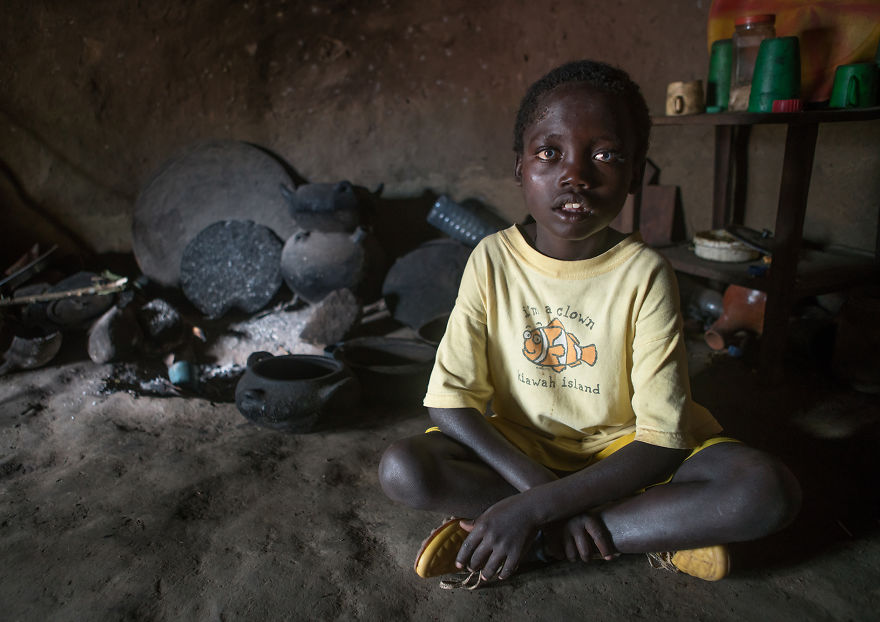
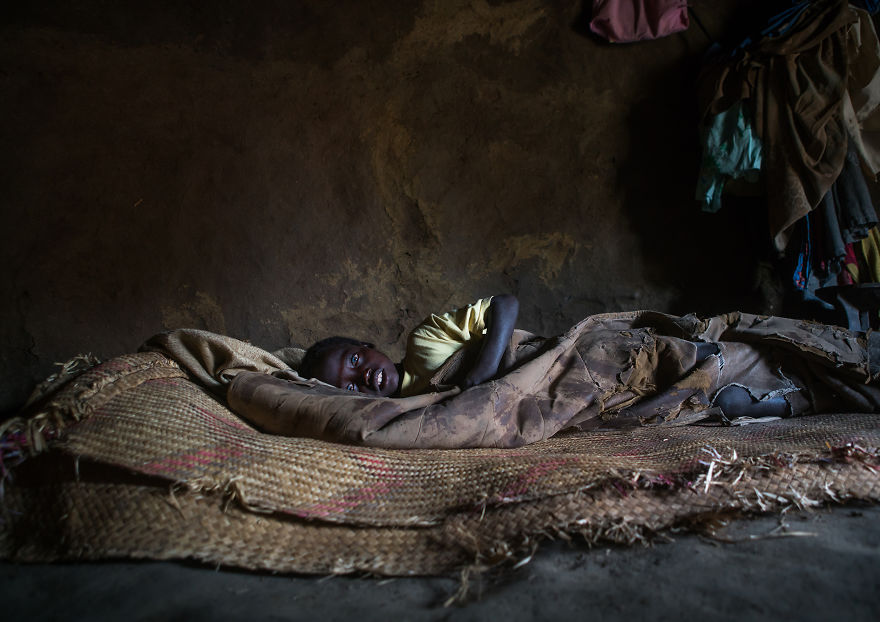
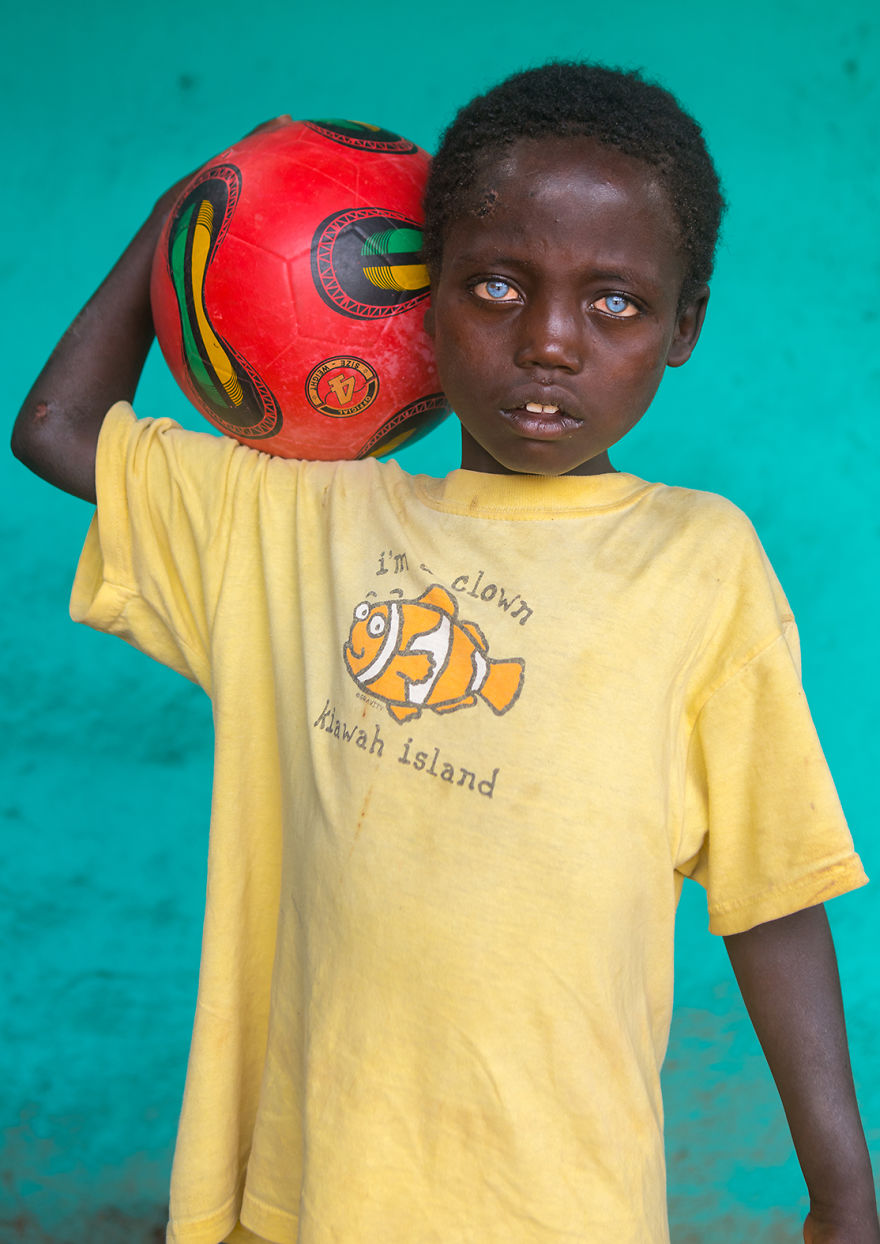
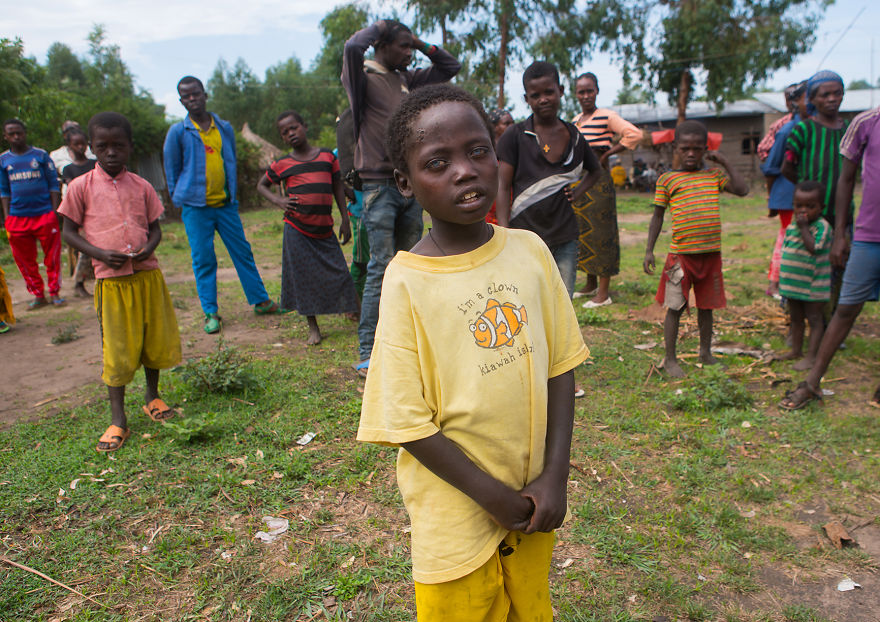
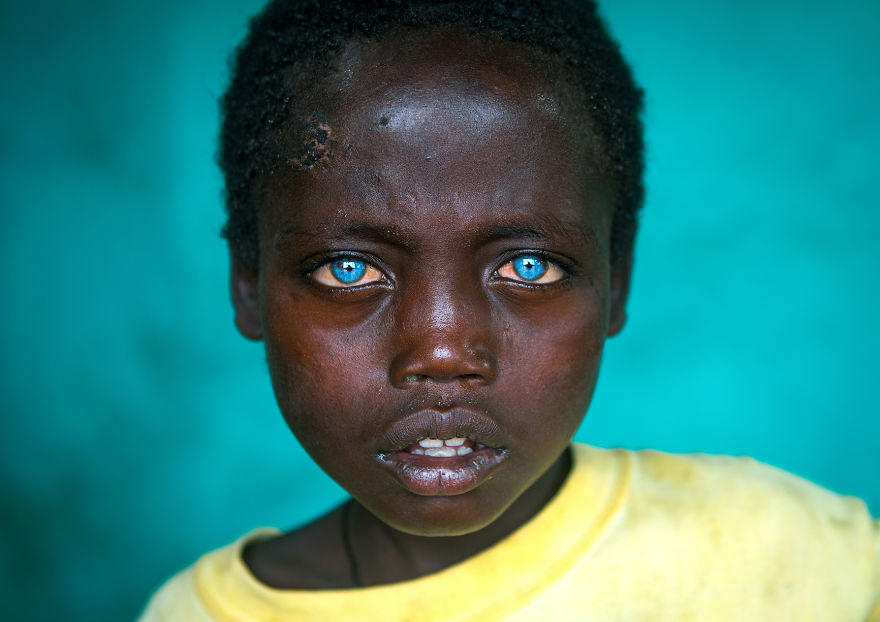
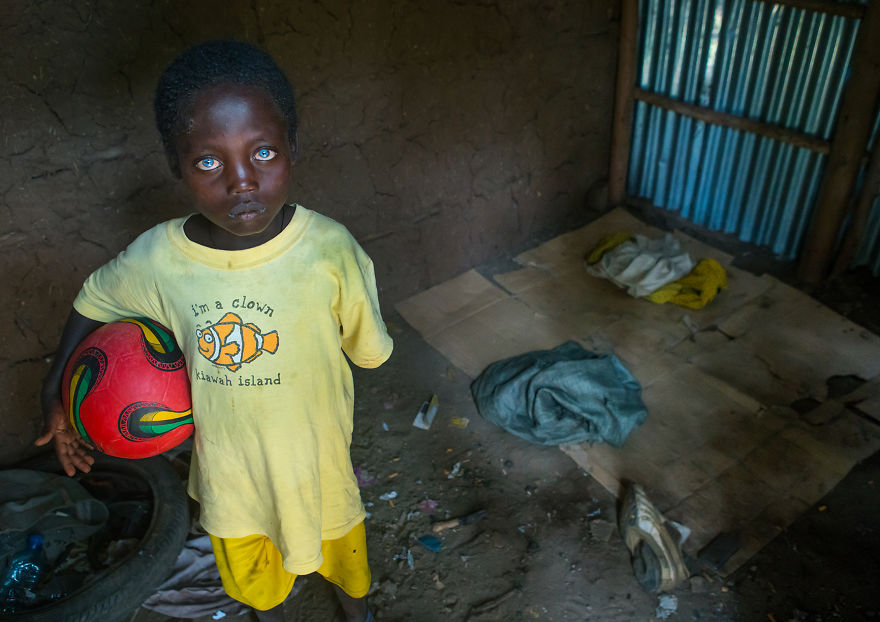
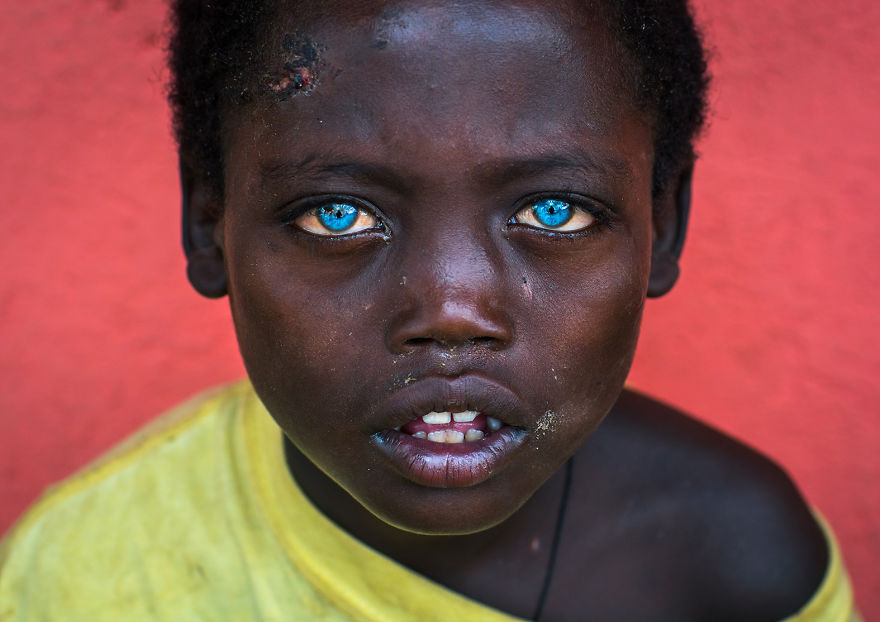










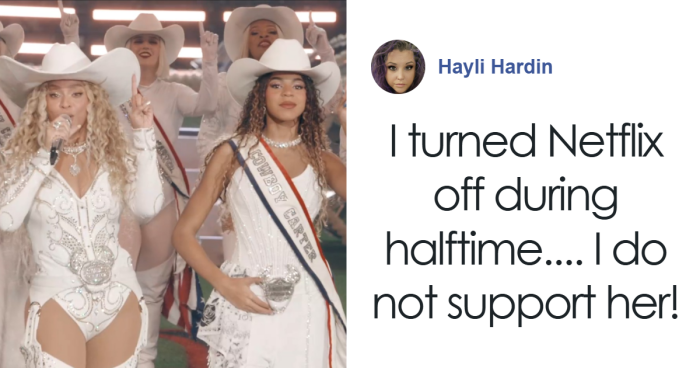

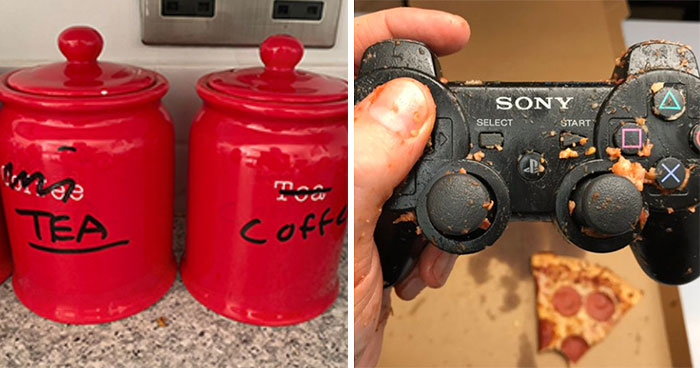
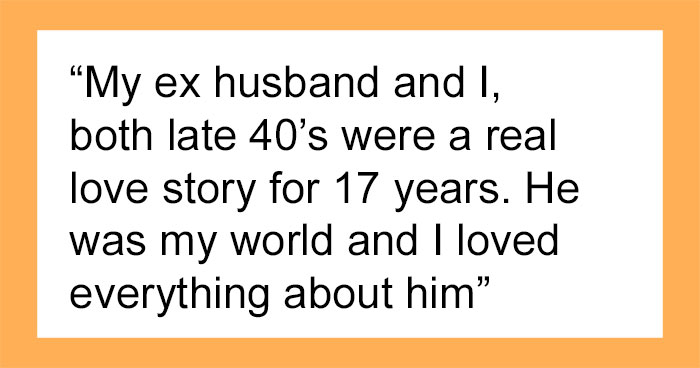
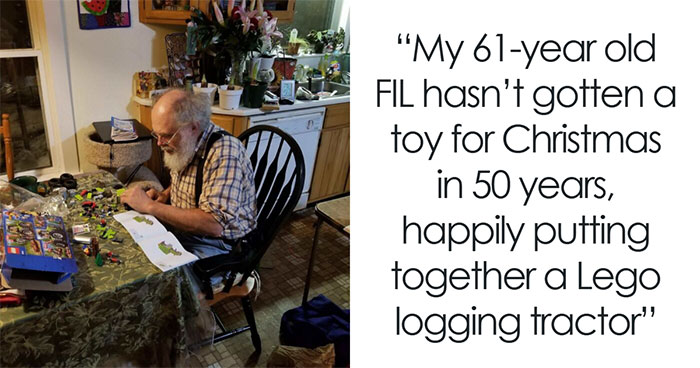
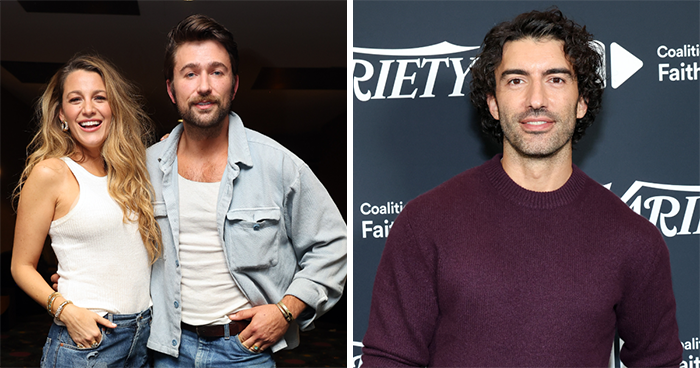

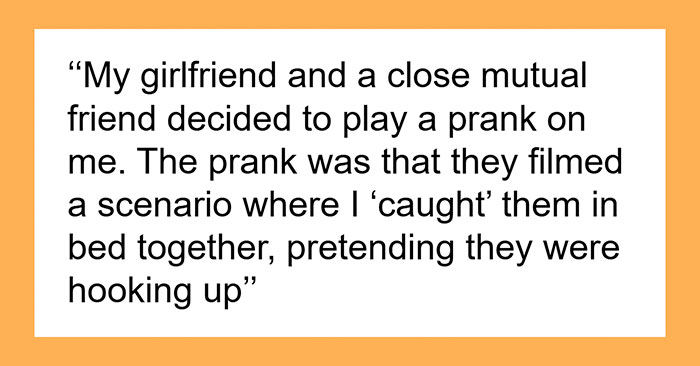
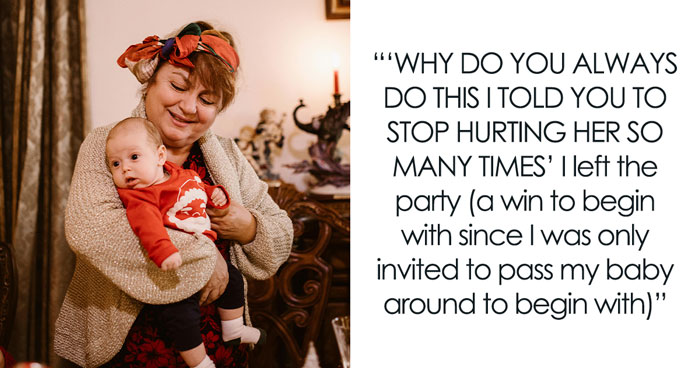
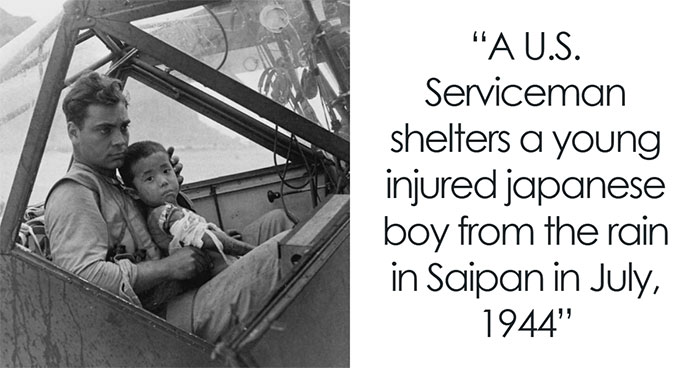
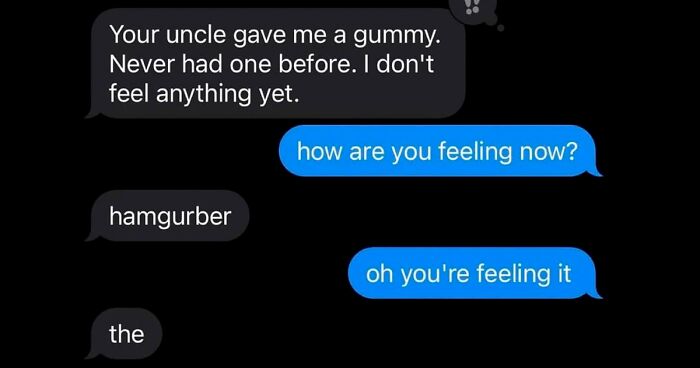
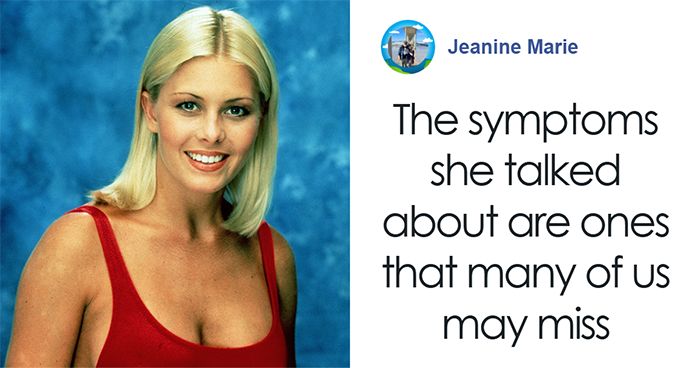


![“[Am I The Jerk] For Telling My Mom That It Was Very Obvious They Never Liked Me?”](https://www.boredpanda.com/blog/wp-content/uploads/2024/12/mom-relationship-drama-coverimage.jpg)
35
7